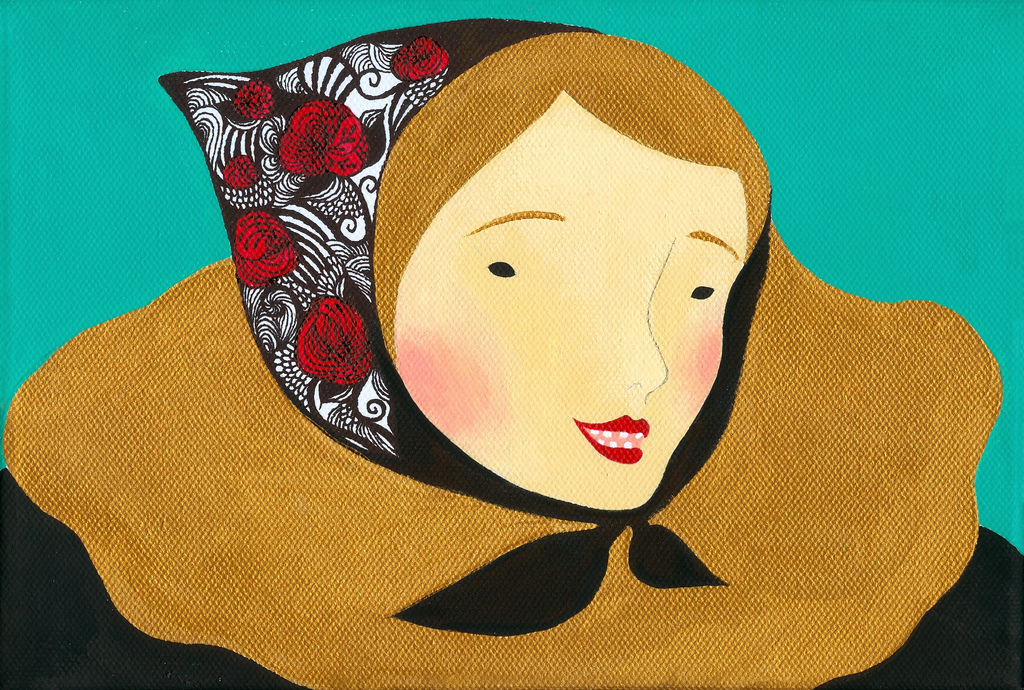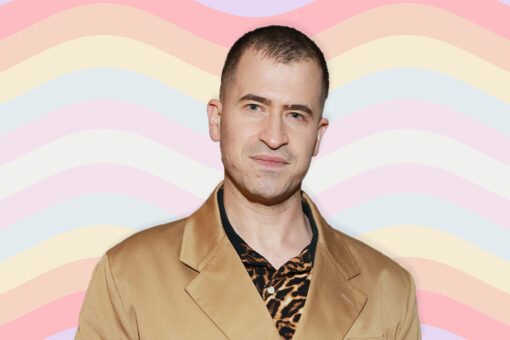The first time I saw Fiddler on the Roof I was around 7 years old. One number in particular, “Matchmaker,” embedded itself in my brain and has never left.
For those of you who have been living under non-Jewish rocks, let me explain the scene. The three oldest daughters of the protagonist—Tzeitel, Hodel and Chava—tease each other about who will get married when and to whom as they perform their daily chores. They revere Yenta, the town matchmaker, who effectively determines the marital happiness of all the young people in their shtetl, Anatevka. Over the course of the song it dawns on all three of them that Yenta could actually impose terrible situations on their lives: arranging marriages with men who are abusive, lazy, or unloving.
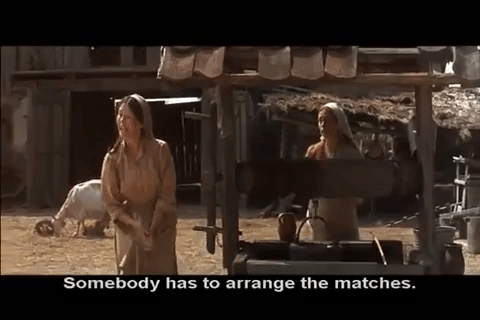
At the outset of the movie, matchmaking is a guaranteed step in the marriage process. All of the women intrinsically understand their economic status as farmers’ daughters puts them at a disadvantage, and that marriage is the only way to change their social standing. As the movie progresses, the oldest daughters find love in their own ways and completely upend the matchmaking social contract.
As a young girl running around my house in the suburbs of Philadelphia with a fake babushka on my head, I was too young to understand the nuances of matchmaking and marriage, but the underlying message stuck. Jewish women are expected to marry those who fall into our families’ construct of an appropriate life partner. Although we don’t use matchmakers the way they did in the shtetl, the message is the same: You should get married, and whoever you marry should be someone who fits your parents’ expectations—in my case, hopefully Jewish and professional. Staying single is not encouraged nor is not wanting to have children.
In some ways, I’m responsible for maintaining these pressures on myself. It stems from feeling that I will have failed my family if I don’t uphold and pass on their traditions, particularly raising Jewish children. But I’m not acting out of guilt. I genuinely want to be married and have a family for myself, regardless of cultural expectations. So, in my early 20s I set out on the quest many people have undergone before me: to find the nice Jewish boy my family hoped I would find.
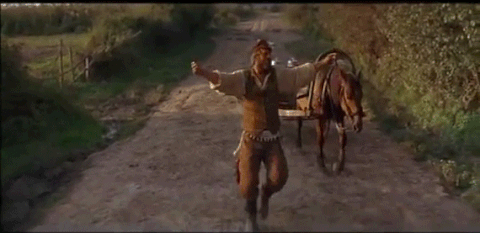
I moved to New York at 22. My friends and I met with a real estate broker who happened to be Israeli, who I will call Rachel. I talked about Birthright and my bat mitzvah and she immediately became friendlier. Rachel ended up showing us an apartment across the hall from where she lived. She said she knew lots of eligible doctors and lawyers (read: Jewish boys) who she could set us up with. Who could turn down an affordable apartment with built-in Israeli security/matchmaking services?
When our parents were helping us move in, Rachel declared she would keep a watchful eye on us and prevent any “bad boys” from entering our lives. She kept her apartment door wide open all the time to ensure she knew exactly what was going on in the hallway.
A few months after we moved in, I was leaving to go to work. As I walked past Rachel’s open door I heard her yell, “Did he call you yet?” At first, I wasn’t sure to whom she was talking. Then I realized she was talking to me. Despite running late for work, I poked my head in and asked, “Did who call?”
Apparently Rachel, New York’s Israeli security system/Yenta LLC, had given out my information to the “eligible Jewish men” she mentioned at our lease signing. I had been given no notice. But much like Yenta, she assumed it wasn’t my business to know whom she was setting me up with. She was focused on the mitzvah of matchmaking, not on my very real privacy concerns.
A few days later, I missed a call, presumably from an Israeli man. He barely spoke English, but I heard Rachel’s name in the gnarled voicemail. I decided a language barrier was enough to prevent a date. Weeks passed and Rachel continued to shout follow-up “Did he call you”s as I rushed to get out the door. Then another call came. He asked if I would go out for a drink. He spoke English, which was a plus. He seemed interesting enough. Most importantly, we had similar goals. He was Jewish and wanted to settle down eventually. After a few dates I knew he wasn’t for me, but I realized maybe this whole matchmaking thing wasn’t so bad.
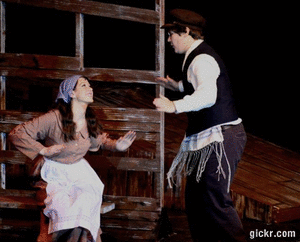
Then I met a guy on my own at a political fundraiser, my version of a perfect meet-cute. We started dating and Rachel was thrilled. She insisted on sitting down with him and making her own determination about whether or not he was “worthy” of dating me. Even her husband joined in for that bit. It was a nice change of pace to be cared about so much by people who had no stake in the outcome of the relationship (and eventual grandchildren). That relationship ended badly, but what’s the point of dating in your 20s without some tortured romance? Regardless of the privacy violations, Rachel’s heart was in the right place.
After that break-up I moved away from New York and went down the rabbit hole that is internet dating. There were times when I wished there was a matchmaker nearby, just to give my own brain a break. As wonderful as some parts of modern womanhood are, dating takes an inordinate amount of emotional strength.
But through that process I’ve learned how to trust my instincts and really identify what I want and why I want it. It’s forced me to think long and hard about exactly what I am looking for in a partner, to not just be in a relationship for the sake of being in one.
This past May, miracle of miracles, I met a nice Jewish boy on the worst version of a matchmaker in existence: Tinder. He is amazing and our relationship is happy and healthy. I still love to watch Fiddler on the Roof but I’m sure I would not be the woman I am today if matchmakers were still around. Going through the dating process has made me more resilient, self-sufficient, and forced me to crystallize my goals. As weird as some of my dating experiences were, I feel grateful every day for the freedom to make my own decisions about my romantic life and my future.
Image via Flickr/hana jang
